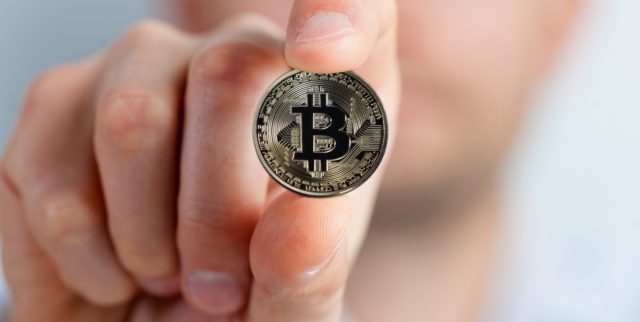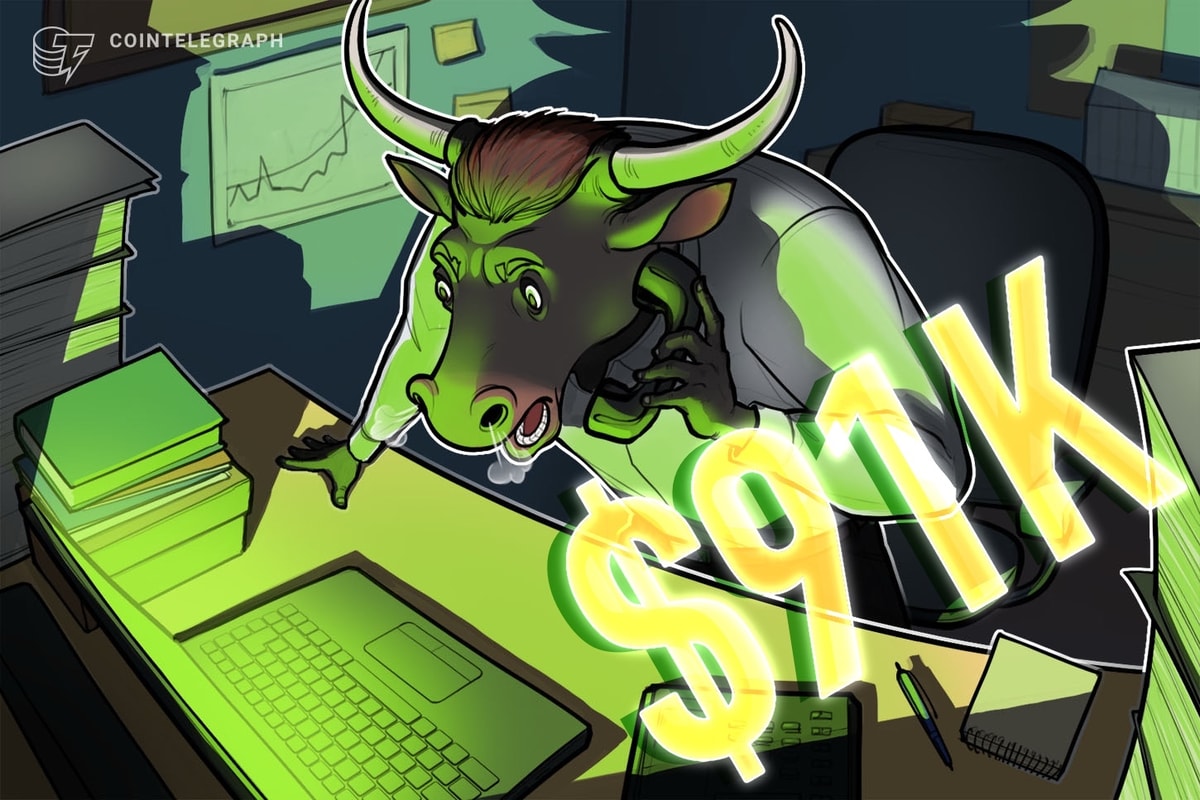The probability of a price action movement caused by the sale of a large quantity of Bitcoin will increase as long as its price continues to go up. As the digital currency gains popularity and rolls towards mainstream acceptance, smaller investors need to be aware that a large number of Bitcoin is owned by a very small number of people.
According to Bloomberg, as much as 40% of the total supply of Bitcoin, currently 16.7 million coins, is owned by around a thousand people. This means that each one of them could hold over 6,700 Bitcoins, which at current value would be worth a staggering $110 million each. As the price continues ever skywards, there is a greater chance that some of them will want to cash out and take their profit. It is also highly likely that they acquired their cryptocurrency when it was worth a fraction of its current value, which is even more reason to sell some.
Are the Whales Colluding?
Bitcoin was created and developed by a small, tight-knit community of technology gurus and entrepreneurs. Satoshi Nakamoto remains anonymous, giving even more weight to the notion of a group of people controlling a substantial stash of it, having got in way back when BTC was worth a couple of dollars.
It is possible that these Bitcoin whales know each other and could possibly coordinate their selling strategies so as to maximize profits. When Roger Ver was asked about if Bitcoin whales could work together in such a regard, he told Bloomberg:
I suspect that is likely true, and people should be able to do whatever they want with their own money. I’ve personally never had time for things like that though.
Basis for Manipulation Fears
Due to the nature of Bitcoin being a currency and not a security, there is no regulation which prohibits trading as a group to manipulate market prices. In fact, it already happens with altcoins where groups select ones that are actively hyped on social media, such as Reddit, Facebook groups, and exchange ‘trollboxes.’ The result is a pump and dump, a falsely induced price spike which encourages others to get on board for fear of missing out (FOMO), and then the consequent sell-off, which dumps the asset value back to what it was previously.
Ethereum faces a similar ownership issue, with creator Vitalik Buterin reportedly holding around 525,000 ETH with a current market value of around $240 million. Co-founder of crypto hedge fund Tetras Capital, Alex Sunnarborg, claims that the top 100 Bitcoin addresses control 17.3% of all the issued currency and that the top 100 Ethereum addresses control 40% of the entire supply.
Market domination by a minority of whales is nothing new, though. The banking sector has seen similar action for decades, as the bigwigs at the top grow fatter at the expense of the majority. With cryptocurrencies, though, it may be less likely as the founders and big holders are more ideologically oriented, which, in theory, makes them less likely to manipulate markets for their own gain.
Are you concerned about the possibility of crypto whales manipulating the markets? Do you think that such an action will occur with Bitcoin? Let us know your opinion in the comments below.
Images courtesy of GoodFreePhotos and Bitcoinist archives.












